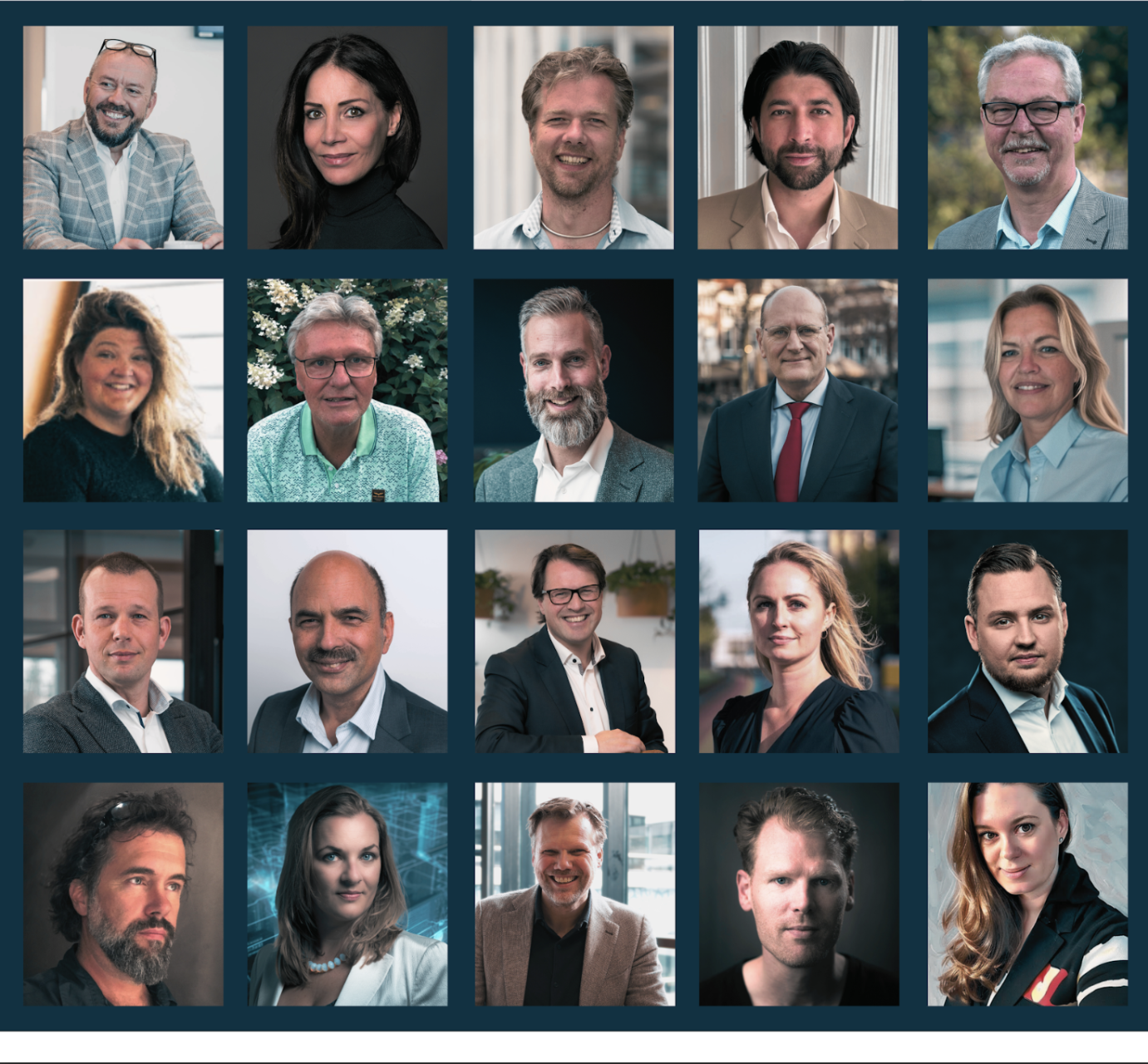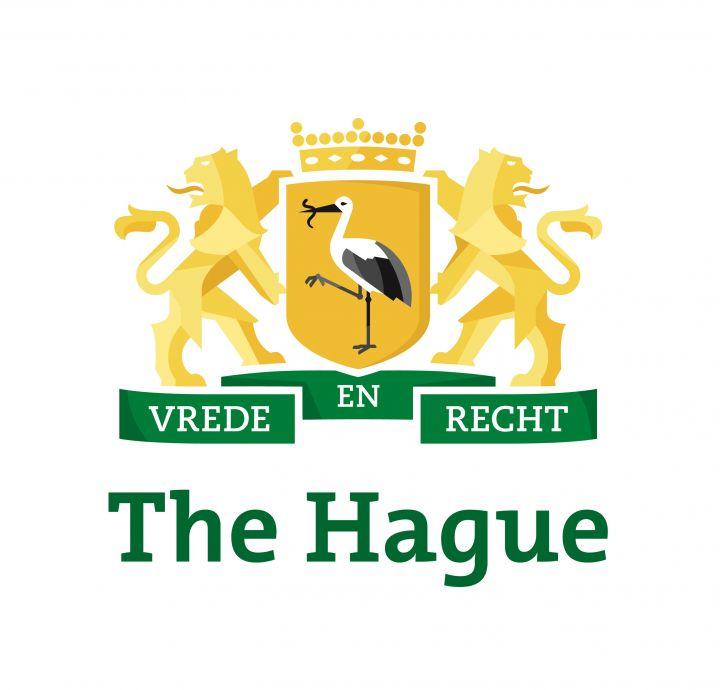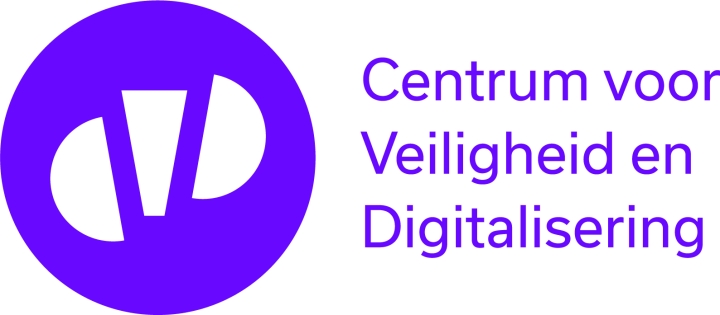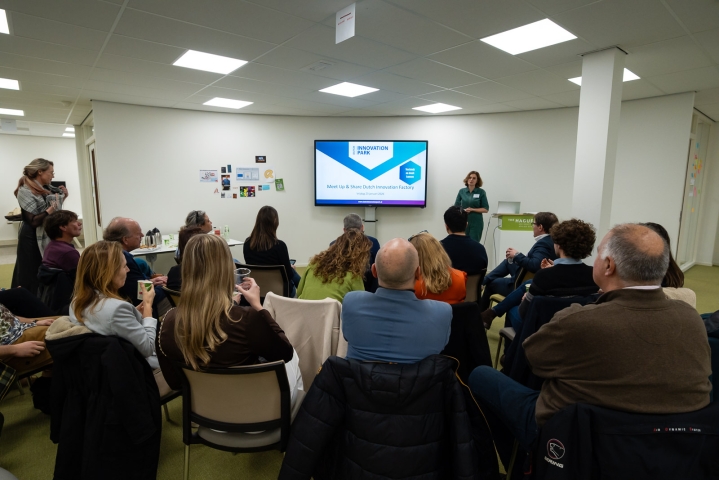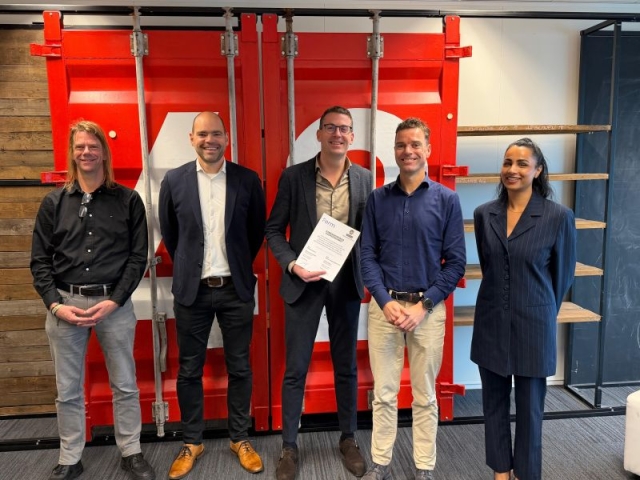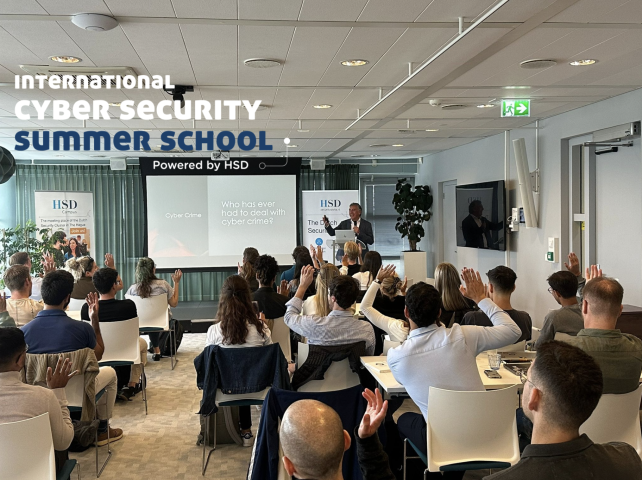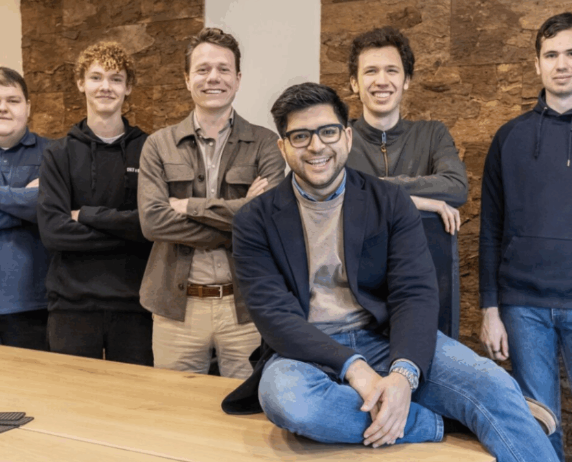Security Innovation Stories: 20 Interviews with Frontrunners on Innovation in Security Domain
The current cybersecurity innovation strength in the Netherlands and Europe is lagging compared to the United States and China. This is evident from the book 'Security Innovation Stories', published this week and written by Bram de Bruijn (Beyond Products) in collaboration with Frank van Summeren (RONT). For this research, twenty prominent figures in the Dutch security industry were interviewed about innovation. The book provides an in-depth examination of the Dutch security sector together with critical perspectives to spur innovation.
Implications of the cyber-innovation deficit
For the Netherlands, the lag in cyber innovation has serious ramifications, particularly with regard to cybersecurity and economic competitiveness. Investing less in cybersecurity makes the Netherlands more vulnerable, more susceptible to geopolitical and economic risks and undermines its strategic autonomy. Therefore, strengthening the Netherlands' inventive capacity is desirable.
Author Bram de Bruijn:"The world of cybersecurity is constantly evolving, and innovation is the key to ensuring our (digital) security and keeping up with these developments. With 'Security Innovation Stories', we want to inspire readers with real stories of pioneers pushing the boundaries of current security solutions."
20 insights to boost innovation
The book contains 20 in-depth interviews with prominent figures in the Dutch security field including several HSD partners: NCSC, The Hague University of Appied Sciences, Fox-IT, CVD, Municipality of The Hague, Pandora Intelligence, SBL Cybermonitoring, Securify, FERM Rotterdam and Zerocopter. Also, Joris den Bruinen, director Security Delta (HSD) has been interviewed.
The book concludes that there is a great need to build trust among end-customers and that:
- Organisations should focus more on demonstrating the effectiveness and reliability of their products and services, also known as 'evidence-based security'. This helps to objectively determine what works against rapidly evolving cyber threats and builds trust in the industry.
- Artificial intelligence is going to play an increasing role in the sector. On the one hand, it helps to address the manpower shortage and improve detection and response capabilities; on the other, it requires a better understanding of how it works and there is a risk of misuse by malicious actors.
- Influence of large technology companies, MSPs, CSPs or ISPs become stronger. Organisations are outsourcing more and more tasks to service providers. Although many cybersecurity companies are reluctant to share their knowledge with large tech companies, MSPs, CSPs and ISPs because of competitive considerations, cooperation also offers opportunities.
- The government's role as legislator is crucial in addressing market failures in the security domain. The advent of new European and Dutch cybersecurity strategies is expected to have a positive impact on cyber resilience and innovation strength in the Netherlands.
Click here for more information!

